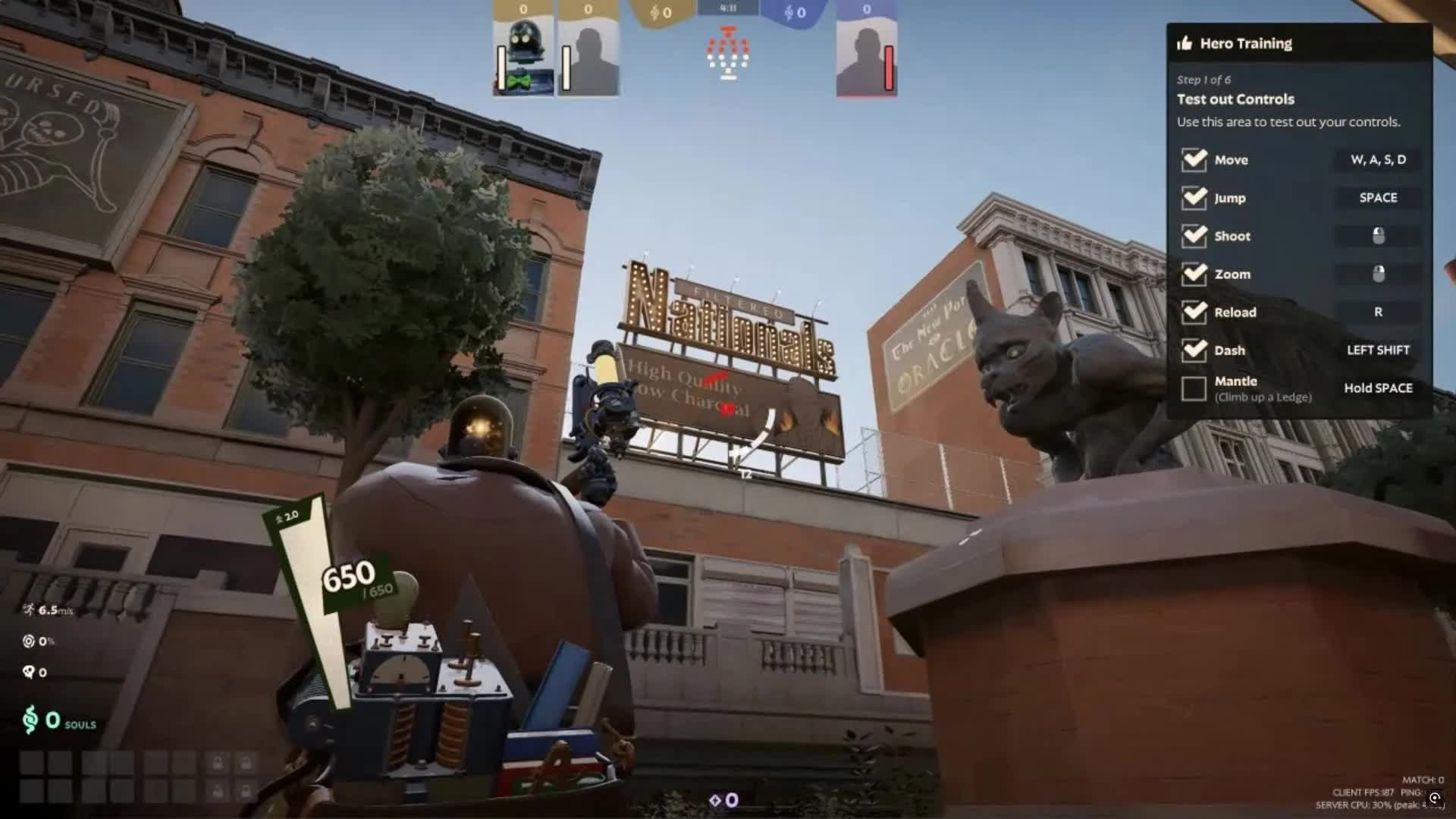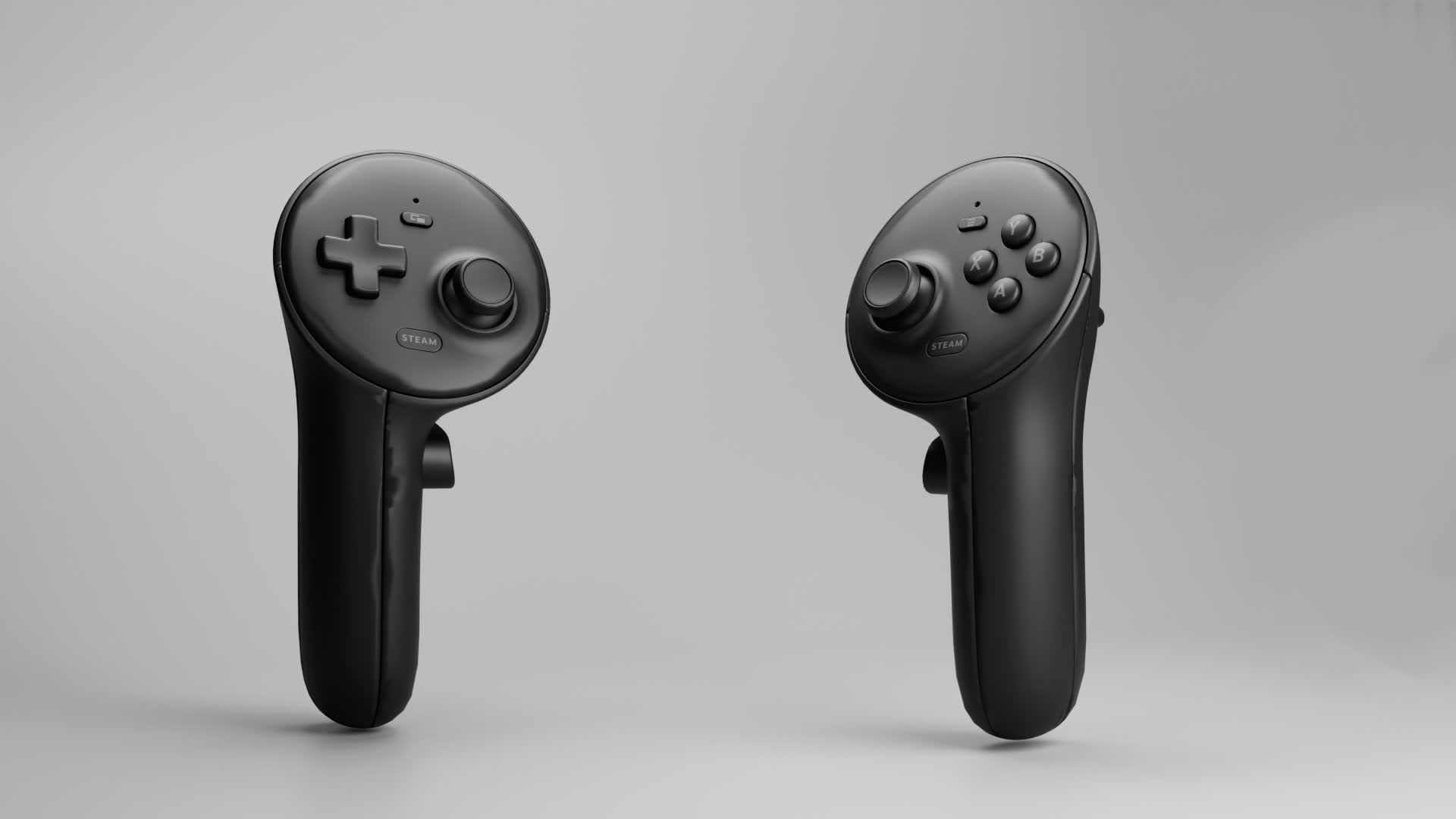Rumor mill: Rumors surrounding Half-Life 3 have circulated for well over a decade, becoming an industry-wide joke. However, solid information has recently made the mythical sequel to Valve’s famous first-person shooter franchise seem more real than ever. A new report from a prominent leaker has outlined technical details about the game and Valve’s future hardware ambitions.
A lengthy video AMA from well-known Valve leaker Tyler McVicker has revealed new details about the development progress of the next Half-Life game and the company’s upcoming hardware. Much of the information is speculation and based on educated guesses informed by confidential sources, so readers should take the claims with a large grain of salt.
Data mining of recent patches to Valve’s games has uncovered references to “HLX,” which many believe is a codename for Half-Life 3. McVicker claims that recent builds are playable from start to finish. If the game isn’t content-locked, Valve has at least finalized its core gameplay.
HLX apparently incorporates ray tracing and a unique form of procedural generation. Rather than calculating terrain from a seed in real time on a massive scale like Minecraft, Starfield, or No Man’s Sky, Valve’s upcoming shooter dynamically alters the positions of enemies, items, NPCs, and doorways in response to player behavior.
McVicker likens the system to Left 4 Dead’s AI Director, which dynamically adjusts enemy encounters to maximize tension.
Furthermore, HLX is not a VR game. Recent leaks suggest that Valve plans to launch a standalone follow-up to its Index headset later this year, codenamed “Deckard,” sparking speculation that HLX might be a sequel to Half-Life: Alyx. According to McVicker, Valve and a third-party company are developing multiple games for Deckard, but HLX isn’t one of them.
Valve has started and canceled multiple Half-Life projects since releasing Half-Life 2: Episode Two in 2007, but none have progressed as far as HLX.
Recent updates for Deadlock, Counter-Strike 2, and DOTA 2 revealed that the company is integrating advanced AI systems and AMD FSR into HLX, indicating that it is nearing completion. McVicker speculates that Valve might unveil the game this summer, with a possible release in winter.

Afterward, Valve might consider developing a new Portal game. Although the company hasn’t finalized plans for a sequel to 2011’s Portal 2, Half-Life and Portal writer Erik Wolpaw has expressed a strong desire to continue the series.
Meanwhile, Deadlock – the invite-only pre-alpha MOBA shooter that became Valve’s worst-kept secret last year – remains in early development. The company frequently applies radical changes to a test build even more secret than the version revealed last August.
McVicker also shared new information on Deckard, plans for a Steam Deck successor, and a project known as “Fremont,” widely believed to be a set-top box. Deckard, previously leaked through CAD renders, is currently Valve’s primary focus.

The headset will allow users to install and run games like Half-Life: Alyx without connecting to a PC. It will also support any Steam Deck-compatible title in virtual theater mode.
Earlier leaks revealed new designs for VR controllers and a follow-up to the Steam Controller. While both will work on standard PCs, Valve has primarily designed them for Deckard, with the standard controller intended for non-VR games.
Additionally, Deckard and the “Steam Deck 2” will utilize Arm processors, similar to those in Snapdragon PCs, Apple devices, and the Nintendo Switch. Valve has previously confirmed that it won’t upgrade the Steam Deck’s hardware until it can achieve a generational performance leap without compromising battery life. Arm’s superior energy efficiency could help realize that goal.
Source link